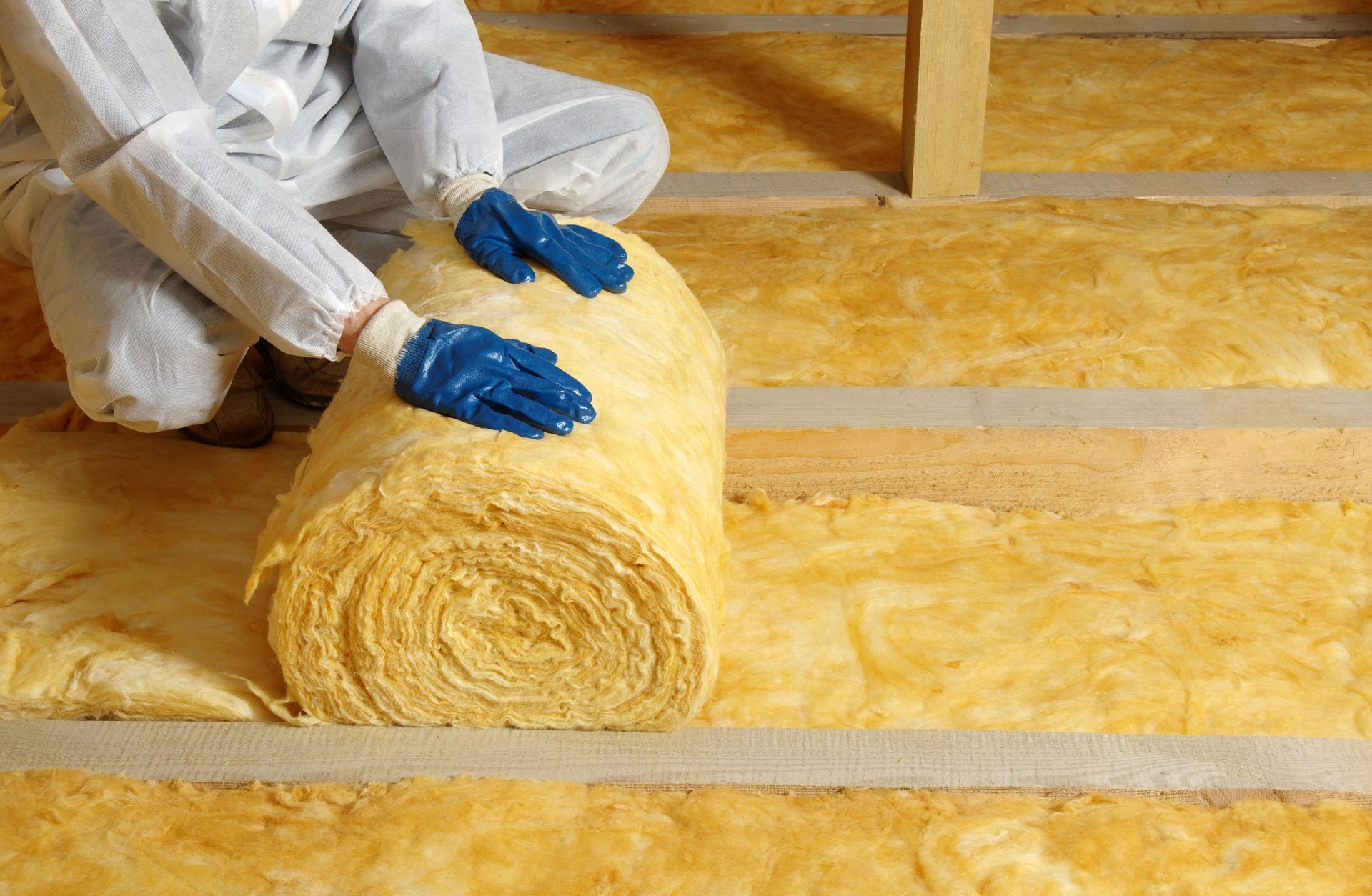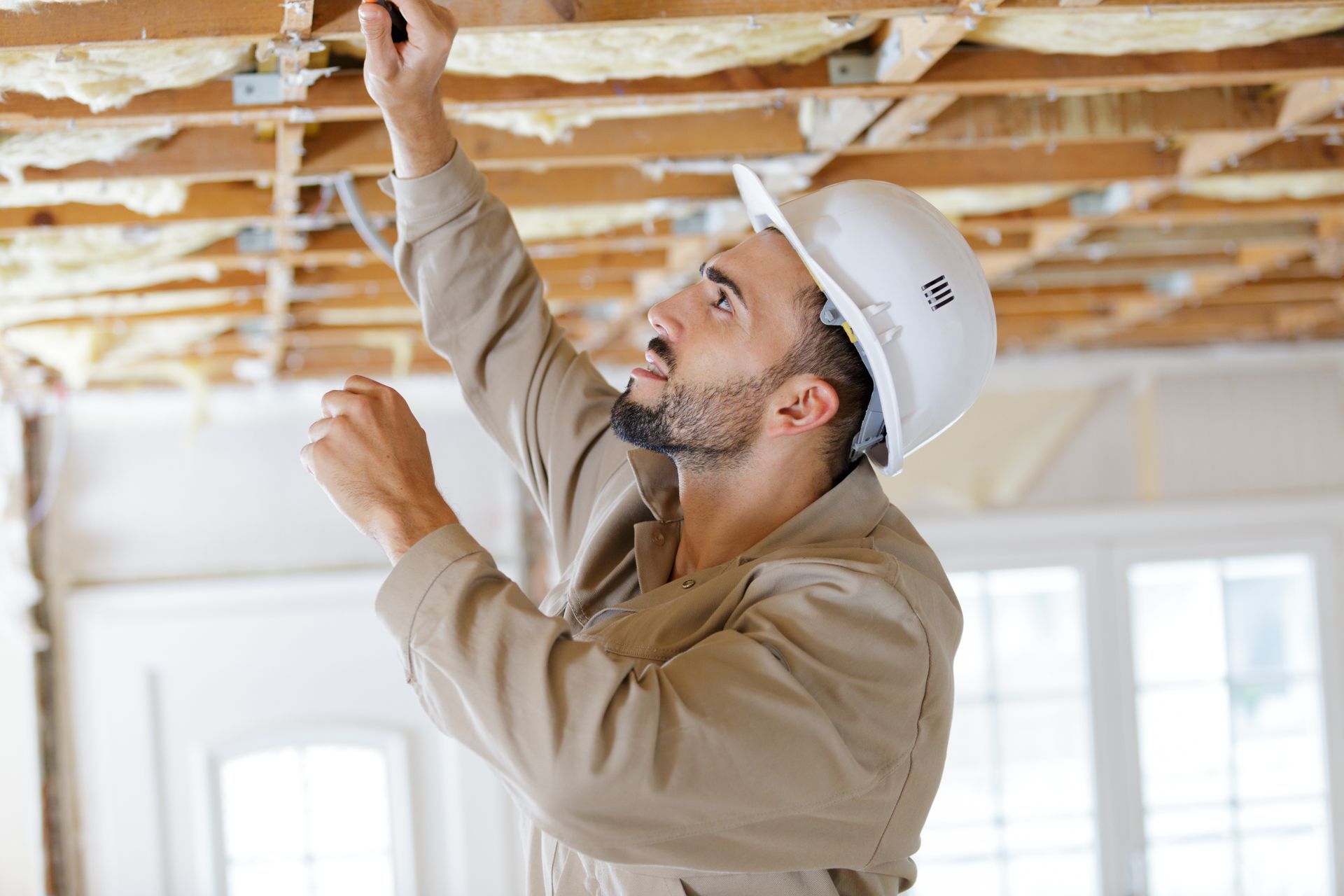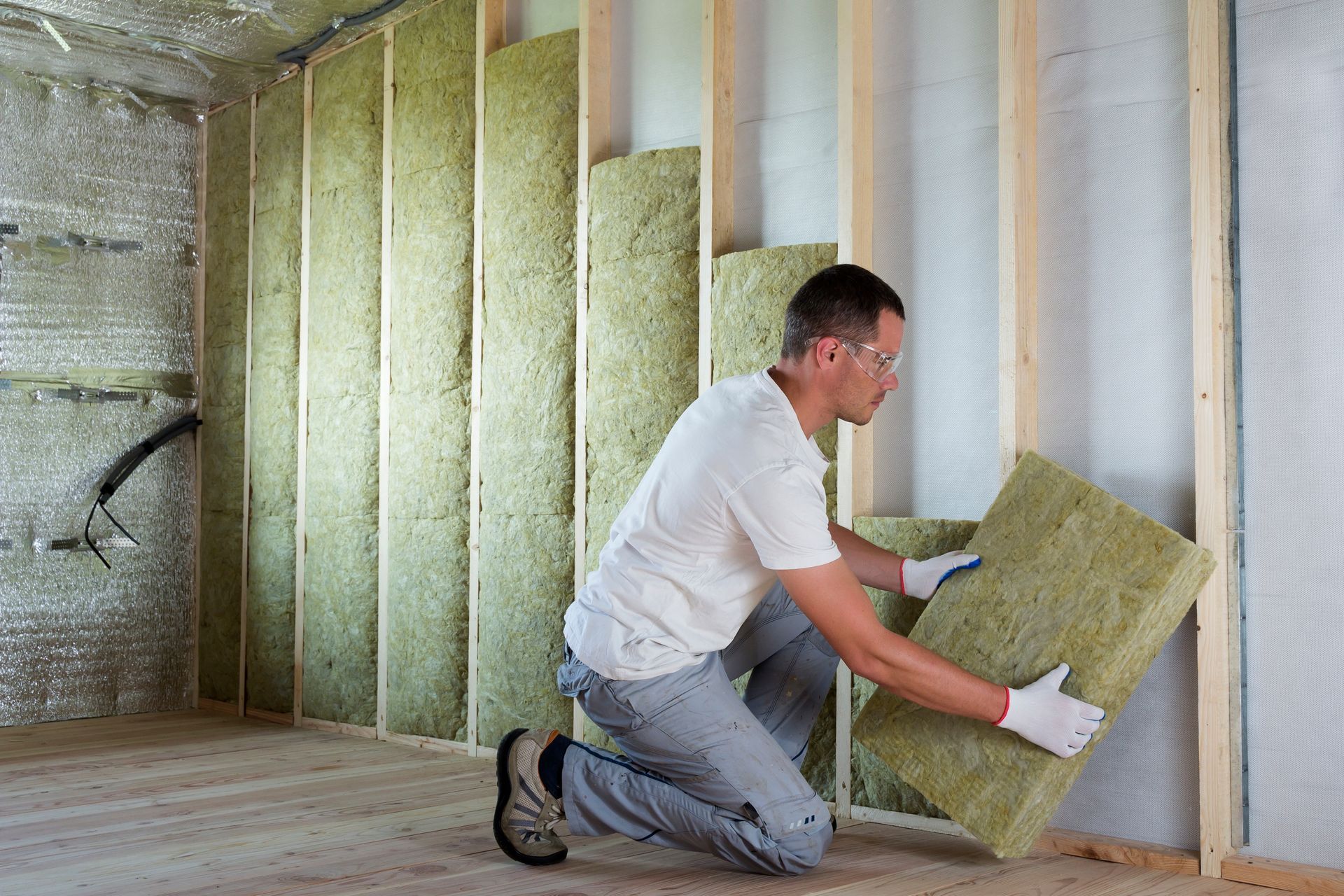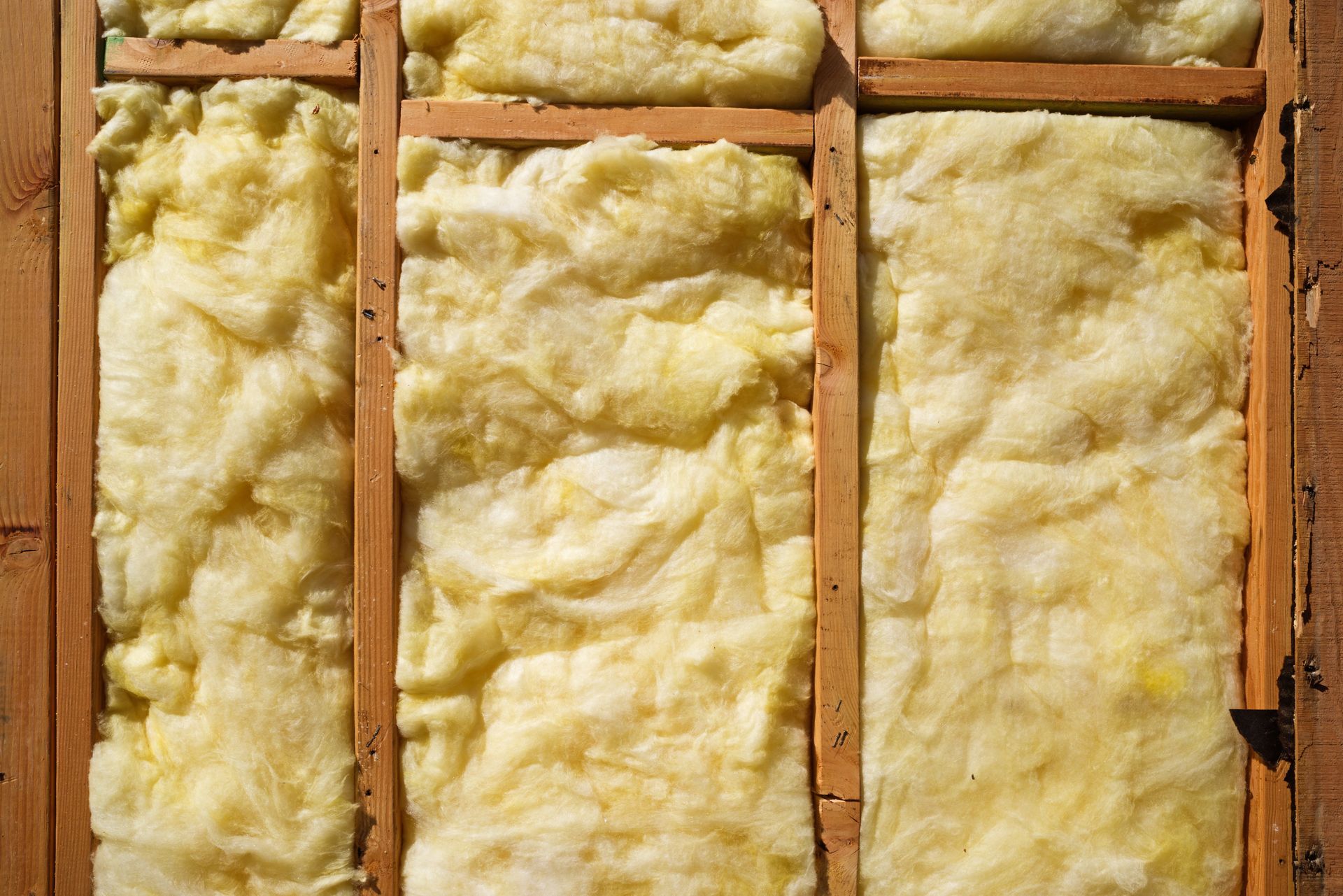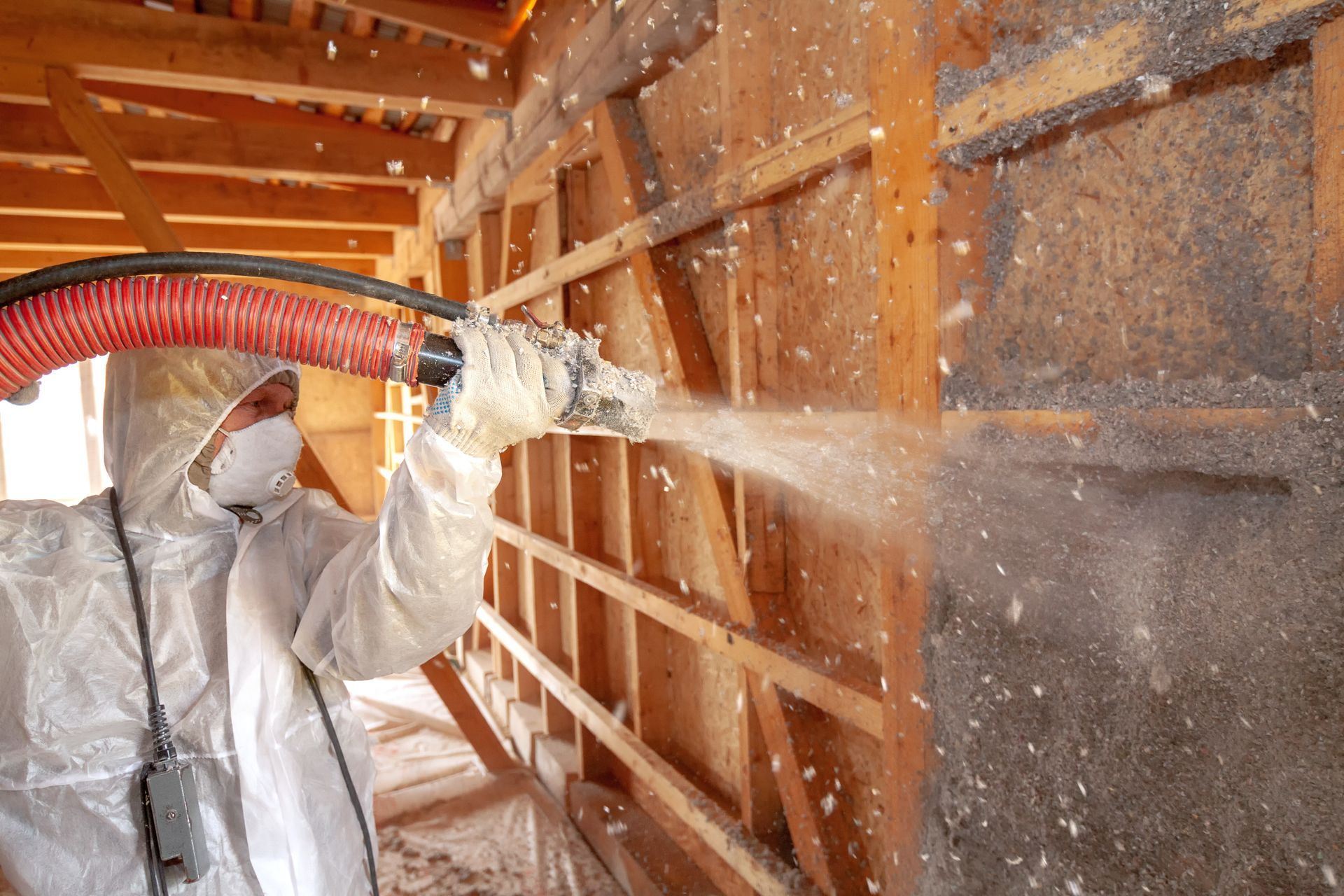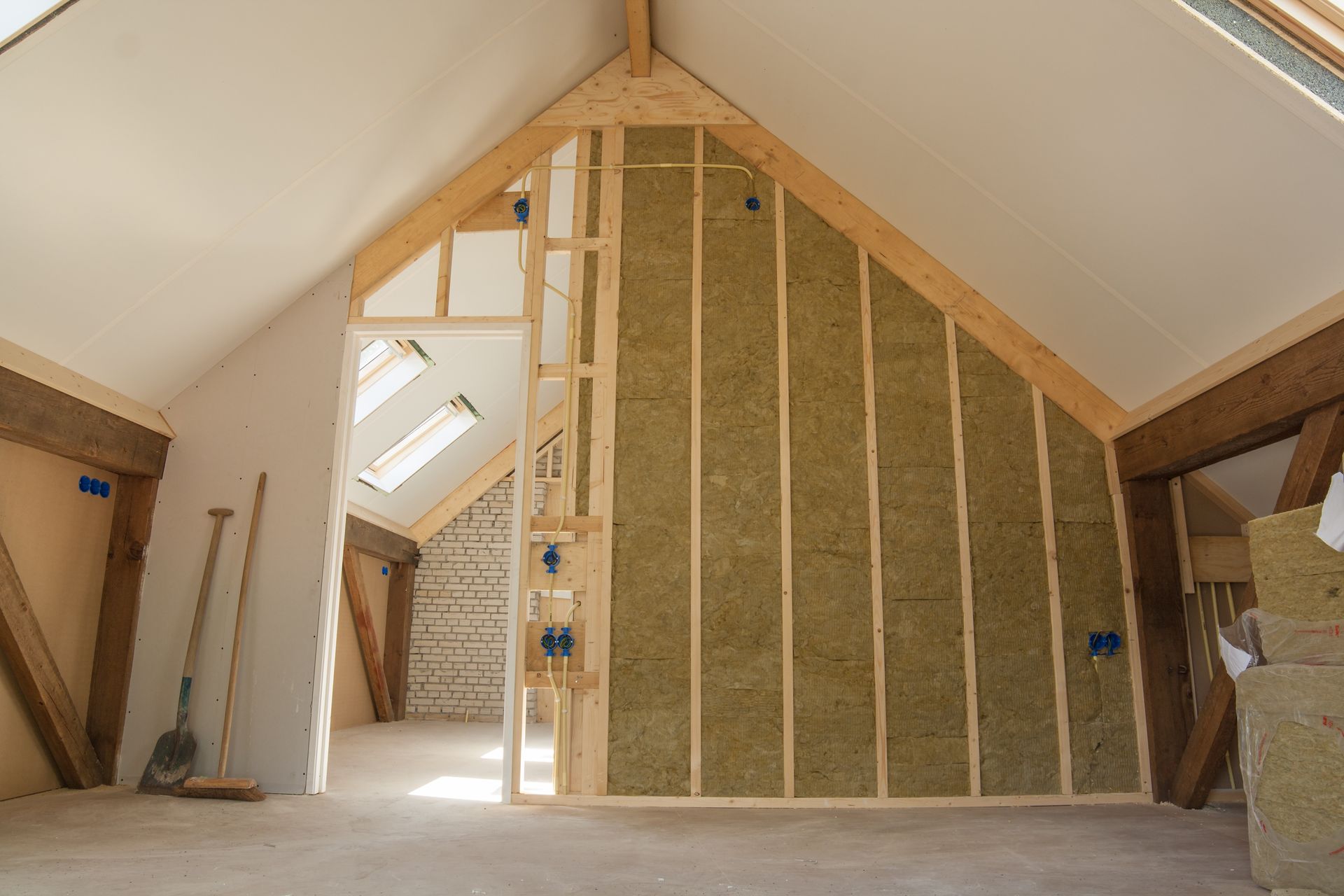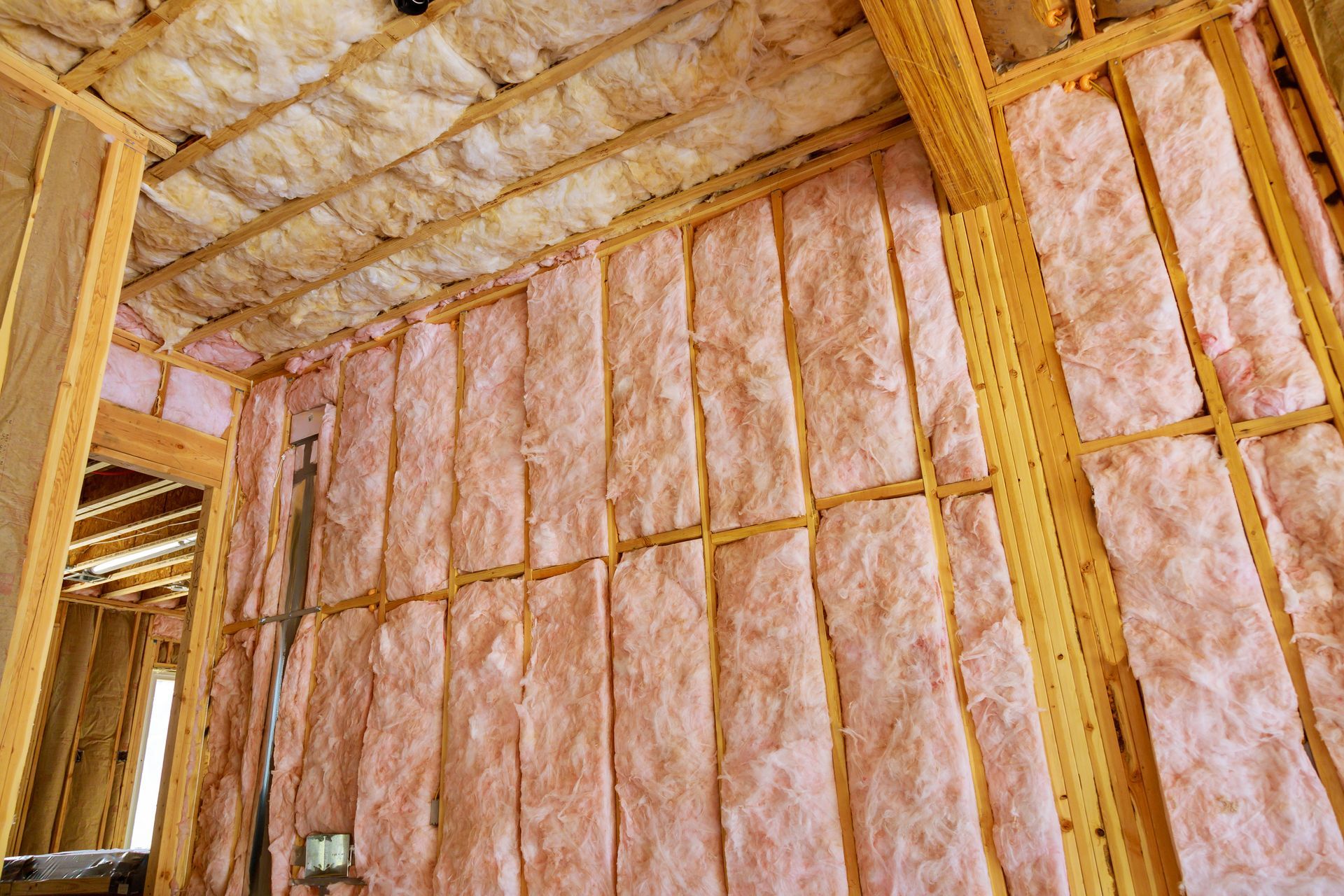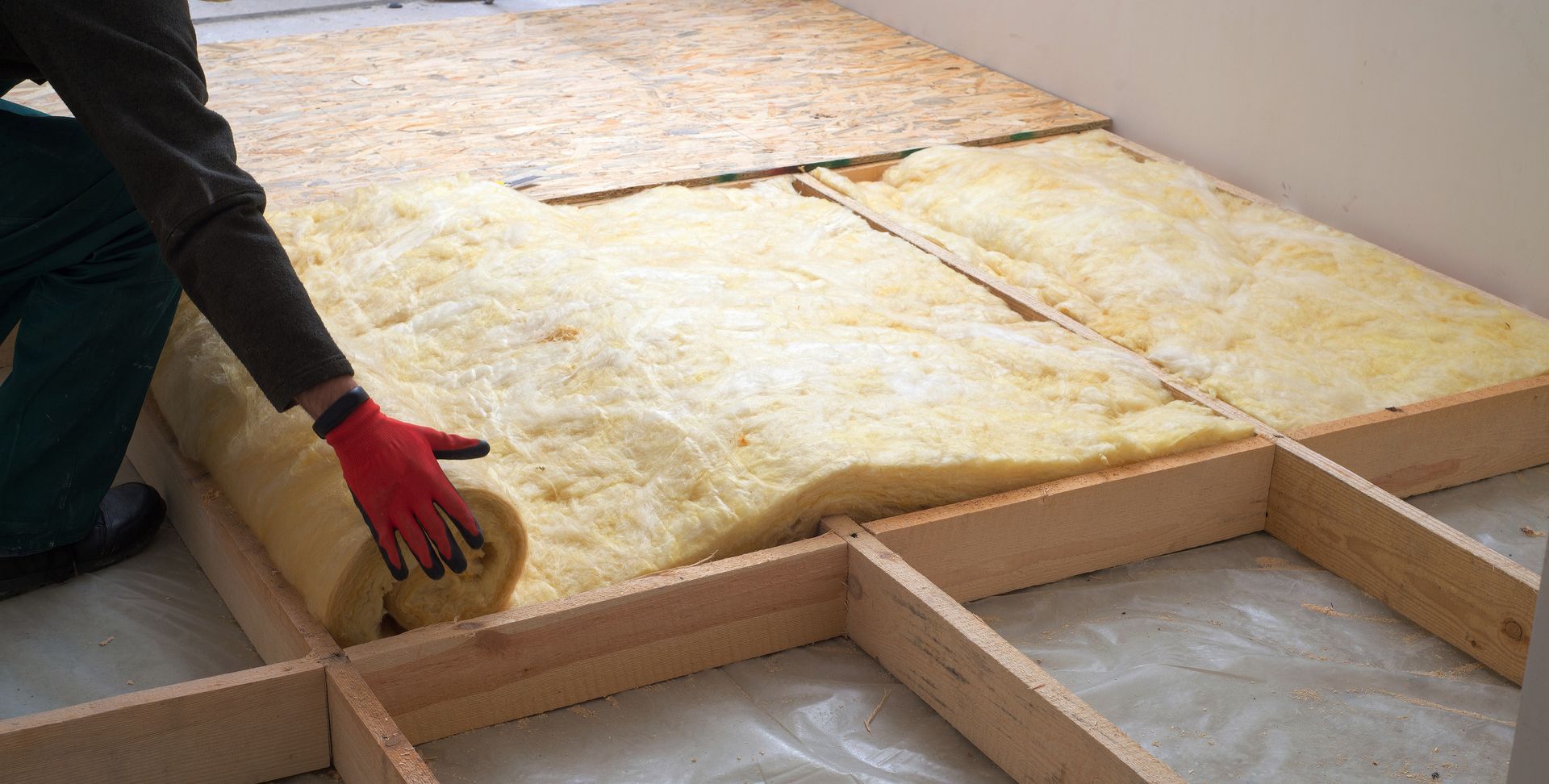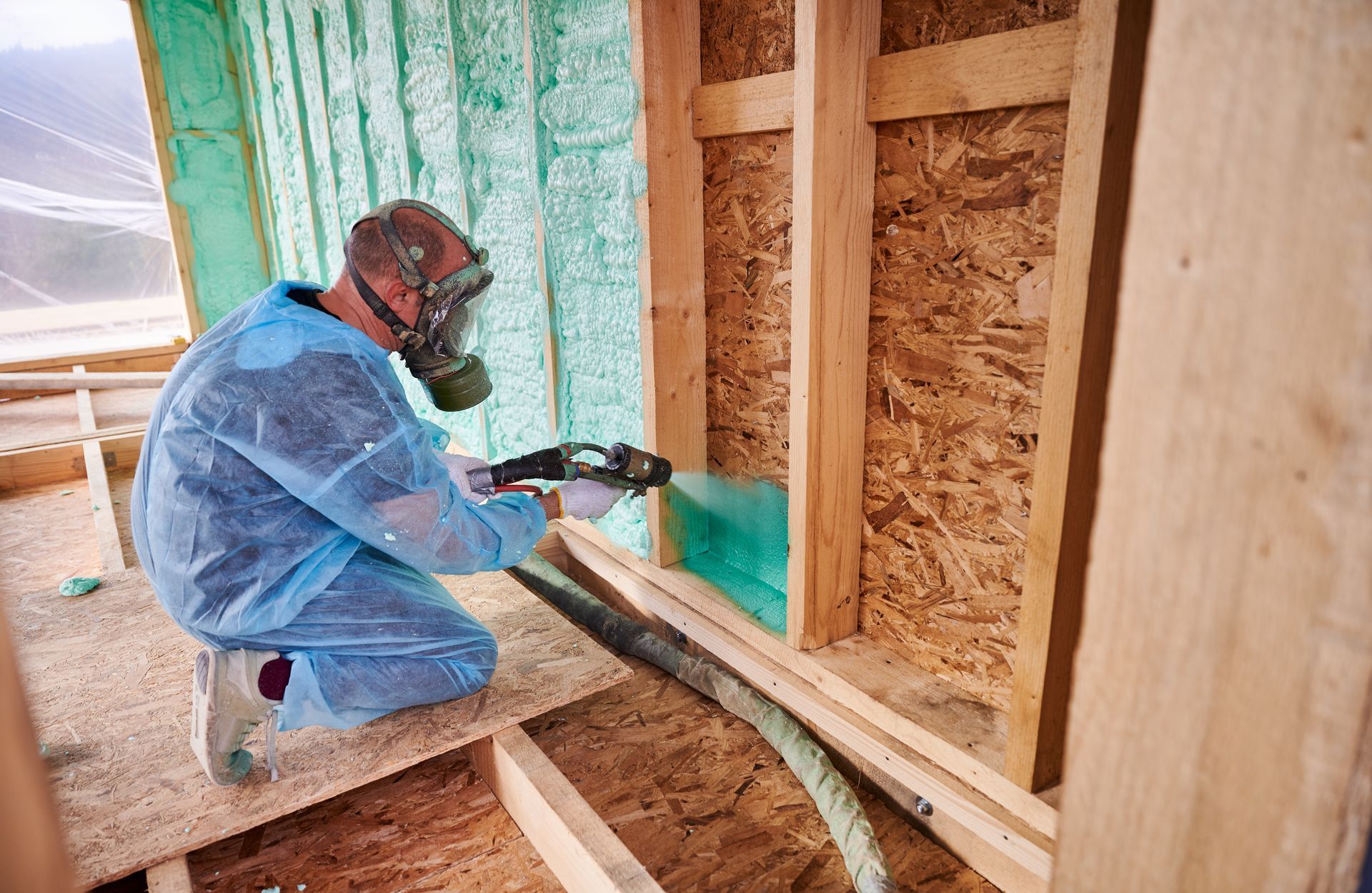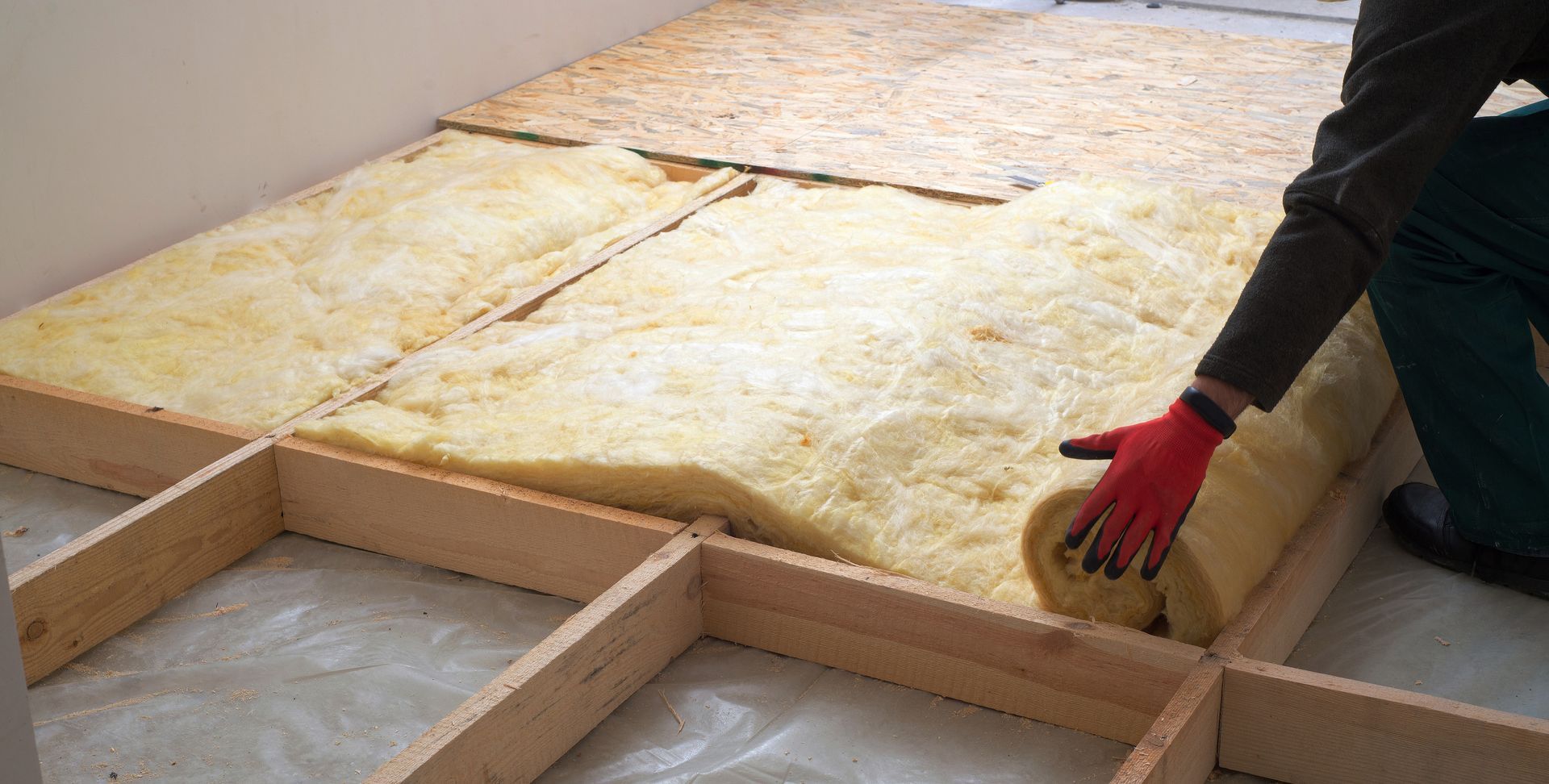Struggling to Keep Cool? How Insulation Issues Affect Your AC's Performance
As temperatures rise during the summer months, many homeowners find themselves increasingly dependent on their air conditioning systems. However, if your AC is constantly running yet your home remains uncomfortably warm, the culprit might be more than just an aging unit. One often overlooked aspect that significantly impacts your air conditioner's performance is the quality of your home's insulation. Poor insulation can lead to hot air seeping into your home and cold air escaping, forcing your AC to work overtime and causing a spike in energy bills.
Proper insulation acts as a barrier, keeping the cool air produced by your AC inside and blocking the hot air from infiltrating your living spaces. Addressing insulation issues can not only enhance the efficiency of your air conditioning system but also extend its lifespan, saving you money and ensuring a more sustainable, energy-efficient home.
The Role of Insulation in Home Cooling
Insulation plays a crucial role in regulating the temperature within your home, acting as a barrier that reduces the exchange of heat between the inside and outside. Here’s how insulation helps in maintaining a cool environment, especially during the hot summer months:
How Insulation Works
Insulation materials, such as fiberglass, foam, and cellulose, work by trapping air within their structure, which slows down the transfer of heat. This process helps to keep the hot air outside during summer and retain the cool air generated by your AC inside your home. Properly installed insulation creates a thermal envelope around your living space, minimizing heat gain and loss.
Importance of Proper Insulation
- Temperature Regulation: Proper insulation helps maintain a consistent indoor temperature by reducing the rate at which heat enters or leaves your home. This means your AC system doesn’t have to work as hard to keep your home cool, leading to improved comfort and efficiency.
- Energy Efficiency: By minimizing heat transfer, insulation reduces the load on your AC system. This results in lower energy consumption and reduced utility bills. Homes with adequate insulation can achieve significant energy savings compared to poorly insulated ones.
- Enhanced Comfort: Insulation not only helps in keeping your home cool but also reduces drafts and hot spots. This creates a more comfortable living environment, ensuring that all areas of your home remain at a pleasant temperature.
- Soundproofing: While primarily used for thermal purposes, insulation also provides soundproofing benefits. It can help reduce noise from outside and between different rooms within your home, contributing to a quieter and more peaceful indoor environment.
Signs You Might Have Insulation Issues: Is Your Home Losing Its Cool?
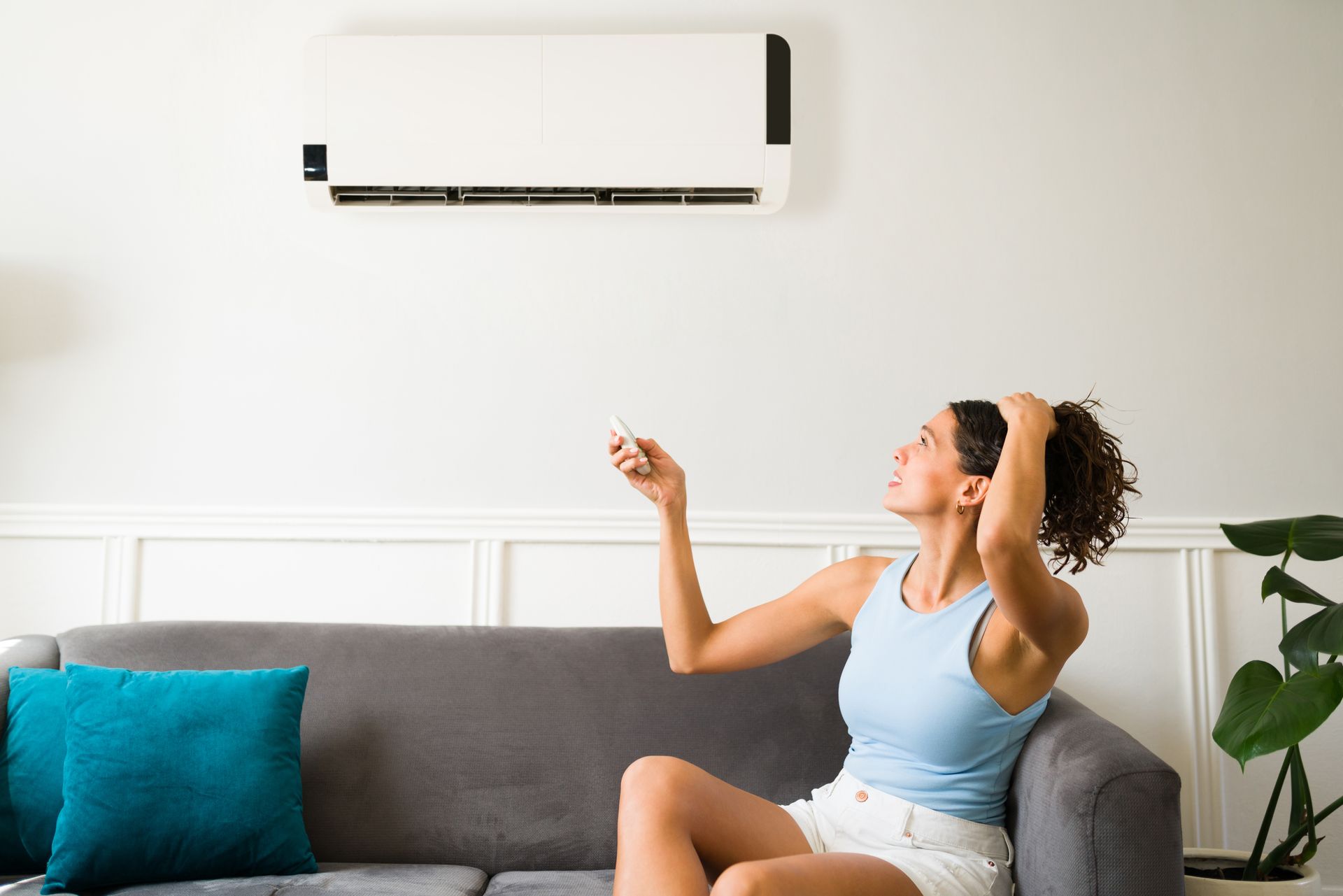
Even with a powerful AC system, poor insulation can sabotage your comfort and energy efficiency. Here are some telltale signs that your home might be suffering from insulation problems:
- Uneven Temperature Distribution: If you notice that some rooms in your home are significantly warmer or cooler than others, it could be a sign that your insulation is not effectively regulating temperature. Inconsistent temperatures suggest that certain areas might be allowing more heat to enter or escape than others.
- High Energy Bills: An unexplained spike in your energy bills is a common indicator of insulation issues. If your air conditioning system is running constantly but your home remains uncomfortable, your AC could be compensating for the loss of cooled air due to poor insulation.
- Drafts and Cold Spots: Drafts around doors, windows, and electrical outlets can indicate gaps in your insulation. During summer, these drafts allow hot air to seep into your home, undermining your AC's efforts to keep the interior cool.
- Moisture Problems: Adequate insulation helps to control moisture levels within the home. If you’re experiencing issues like condensation on walls, dampness, or mold growth, your insulation might not be effectively barrier against external moisture.
- Walls, Floors, and Ceilings that Feel Hot or Cold: Properly insulated surfaces should feel neutral, not hot in the summer or cold in the winter. If your walls, floors, or ceilings are experiencing extreme temperature fluctuations, it’s likely that your insulation is inadequate or improperly installed.
Take the time to inspect your home for these signs and address any issues with your insulation promptly. Doing so can help improve the performance of your air conditioning system and make a significant difference in the comfort and energy efficiency of your home.
Improving Your Home's Insulation: Tips for Staying Cool
If you suspect that your home may have insulation issues, there are steps you can take to improve it and maximize the effectiveness of your air conditioning system:
Tip #1: Seal Air Leaks
Identify and seal any gaps or cracks around doors, windows, and other openings that could be allowing hot air to enter your home. This will help reduce the load on your AC system and keep your home cooler.
Tip #2: Add More Insulation
If you have inadequate insulation, consider adding more in key areas such as attics, walls, and crawl spaces. This will help minimize heat transfer and improve your home's overall energy efficiency.
Tip #3: Choose the Right Insulation
Different types of insulation are suitable for different parts of your home, depending on factors like moisture levels and heat resistance. Consult with a professional to determine the best type of insulation for your specific needs.
Tip #4: Schedule Regular Inspections
It's crucial to have your home inspected regularly by a professional insulation contractor in MA, especially if you live in an older house or have concerns about the quality of your insulation. They can help identify any issues and provide guidance on how to improve them.
Take Control of Your Comfort Today!
Ready to enhance your home’s cooling efficiency? Don’t wait for the next heatwave to make a move. Contact our expert insulation contractors at Urban & Sons Insulation to seal those gaps and upgrade your insulation for a cooler, more energy-efficient home. Our services are available across multiple towns in Western MA, including West Springfield, Springfield, Chicopee, and Agawam.
Get Your Free Online Estimate Now!
Call us at (413) 732-3922 or visit our website to get a free online estimate today. Take the first step towards a more comfortable and cost-effective home. Your perfect indoor climate is just a phone call away!
Frequently Asked Questions (FAQs)
1. How does insulation affect my AC's performance?
Insulation plays a crucial role in your AC's performance by reducing the rate at which heat enters or leaves your home. Proper insulation minimizes the load on your AC system, allowing it to cool your home more efficiently. This results in lower energy consumption and reduced wear and tear on your AC unit, ultimately leading to prolonged system life and lower utility bills.
2. What types of insulation are best for improving cooling efficiency?
The best type of insulation for your home depends on several factors, including your climate, moisture levels, and specific areas of your home that need insulation. Common types of insulation include fiberglass batts, blown-in cellulose, and spray foam. Each type has its pros and cons, so it's advisable to consult a professional to determine the most effective insulation for your particular needs.
3. How can I tell if my home needs more insulation?
There are several signs that your home might need more insulation: uneven room temperatures, high energy bills, drafts, moisture problems, and walls or ceilings that feel hot in summer or cold in winter. If you notice any of these issues, it may be time to assess your insulation and consider improvements to enhance your home's comfort and energy efficiency.
